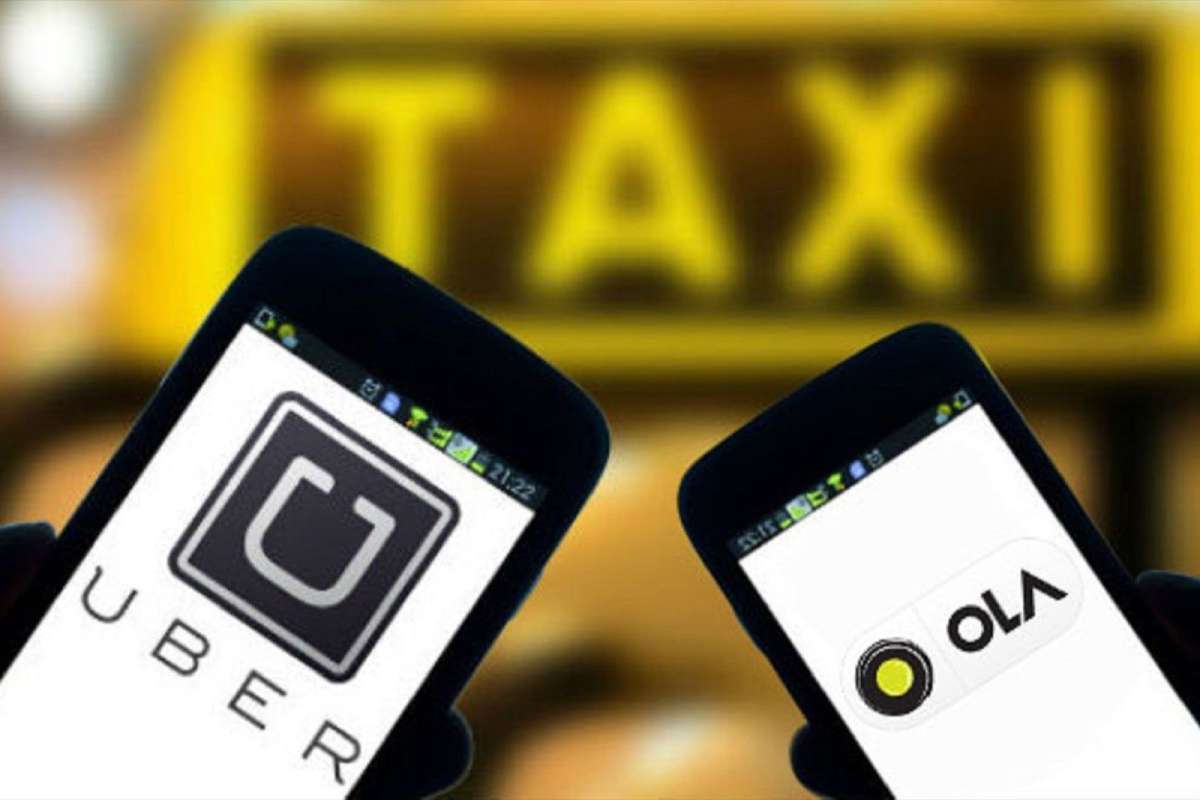Other platforms who scored zero in the report were Amazon Flex and PharmEasy, while Porter scores just 1 point out of 10….reports Asian Lite News
When it comes to fair work for gig workers among the digital platform economy in India, Ola, Uber and quick-grocery delivery provider Dunzo are the worst performers across parameters related to the working conditions of gig workers, a report showed on Tuesday.
Across 12 digital labour platforms — Amazon Flex, Bigbasket, Dunzo, Flipkart, Ola, PharmEasy, Porter, Swiggy, Uber, Urban Company, Zepto and Zomato — no platform scored more than seven out of the maximum of 10 points, and none scored all the first points across the five principles (fair pay, fair conditions, fair contracts, fair management and fair representation) for gig workers, according to the ‘Fairwork India Ratings 2022 Report’.
Other platforms who scored zero in the report were Amazon Flex and PharmEasy, while Porter scores just 1 point out of 10.
Professor Balaji Parthasarathy, one of the principal investigators of the team, told IANS that these findings are alarming for all stakeholders — government, consumers and platform owners — and they should come together to help gig workers get the best working conditions.

“We would like the government and other stakeholders like consumers and digital labour platform owners to take note of these findings and ensure a better work environment for millions of gig workers in 2023,” Parthasarathy said.
The Fairwork India team was spearheaded by the Centre for IT and Public Policy (CITAPP), International Institute of Information Technology Bangalore (IIIT-B), in association with Oxford University in the UK.
There were two highlights: Firstly, the same three platforms that scored the first point for Fair Pay last year scored a point this year too.
“No other platform publicly committed, or provided sufficient evidence, to ensure that workers earn at least the hourly local minimum wage after work-related costs,” the findings showed.
Even with workers and worker groups repeatedly emphasising the importance of a stable income for platform workers, platforms have been reluctant to publicly commit to, and operationalise, a minimum wage policy.
“Secondly, while workers have engaged in various forms of collective action to voice their concerns in the platform economy, platforms have been uncompromisingly unwilling to recognise or negotiate with any collective body representing workers,” the findings showed.
This year, the report was structured around the theme of flexibility, which is often portrayed as a crucial dimension and benefit of platform work.
“The promise of flexibility of the digital platform economy raises as many questions about livelihoods as it offers opportunities. We hope the report provides the basis for an interpretation of flexibility that allows for not merely the adaptability that platforms seek, but also the income and social security that workers lack”, said Parthasarathy and Janaki Srinivasan, the Principal Investigators of the team.
According to the report, Bigbasket, Flipkart and Urban Company implemented and operationalised policies to ensure that all workers on these platforms earn at least the hourly local minimum wage after factoring in work-related costs.

